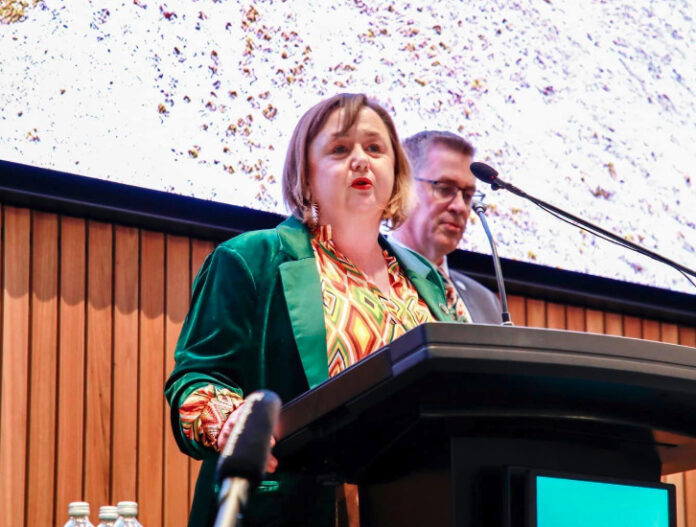Housing Minister Megan Woods has today announced that 174 new affordable rental homes will built across New Zealand with the help of Government funding from the $350 million Residential Development Response Fund.
Round Two of the Government’s Affordable Rental Pathway was launched in February with $100 million available and applications open to not-for-profit entities nationwide.
Nine projects were selected for early progression as part of the Round Two shortlisting process, while the remaining shortlisted projects are in the final stages of assessment.
$57 million in funding allocated to the approved projects will deliver the 174 affordable rental homes. The balance of the $100 million remaining for Round Two is expected be allocated to other applicants shortly, the Minister said.
The Affordable Housing Fund was set up to increase the supply of affordable housing with a priority on rentals, in areas with the greatest housing need.
“The Affordable Housing Fund is making a real difference in bringing on more affordable homes for New Zealanders, which the National Party says it will cut, if it gets into government,” said Minister Woods.
“This Government has pulled multiple levers to turn around the housing crisis we inherited, and we are starting to see the green shoots of change with record building consents and more affordable housing being built, as a result.
“These partnerships will support and grow the affordable housing sector, who are critical to addressing the needs of New Zealanders who struggle to meet the cost of a market rental, but for various reasons can’t access public housing,” she said.
The new rental homes are for low-to-moderate income families and whānau.
The second round of funding will support the construction of homes in the following areas of New Zealand:
- 65 homes – Hawke’s Bay
- 64 homes – Bay of Plenty, including 38 in Rotorua
- 16 homes – Northland
- 24 homes – Christchurch
- 5 homes – Blenheim
The Affordable Housing Fund focuses on increasing affordable housing provision (rental and home ownership) on land owned by iwi and Māori groups, Councils and community groups.



